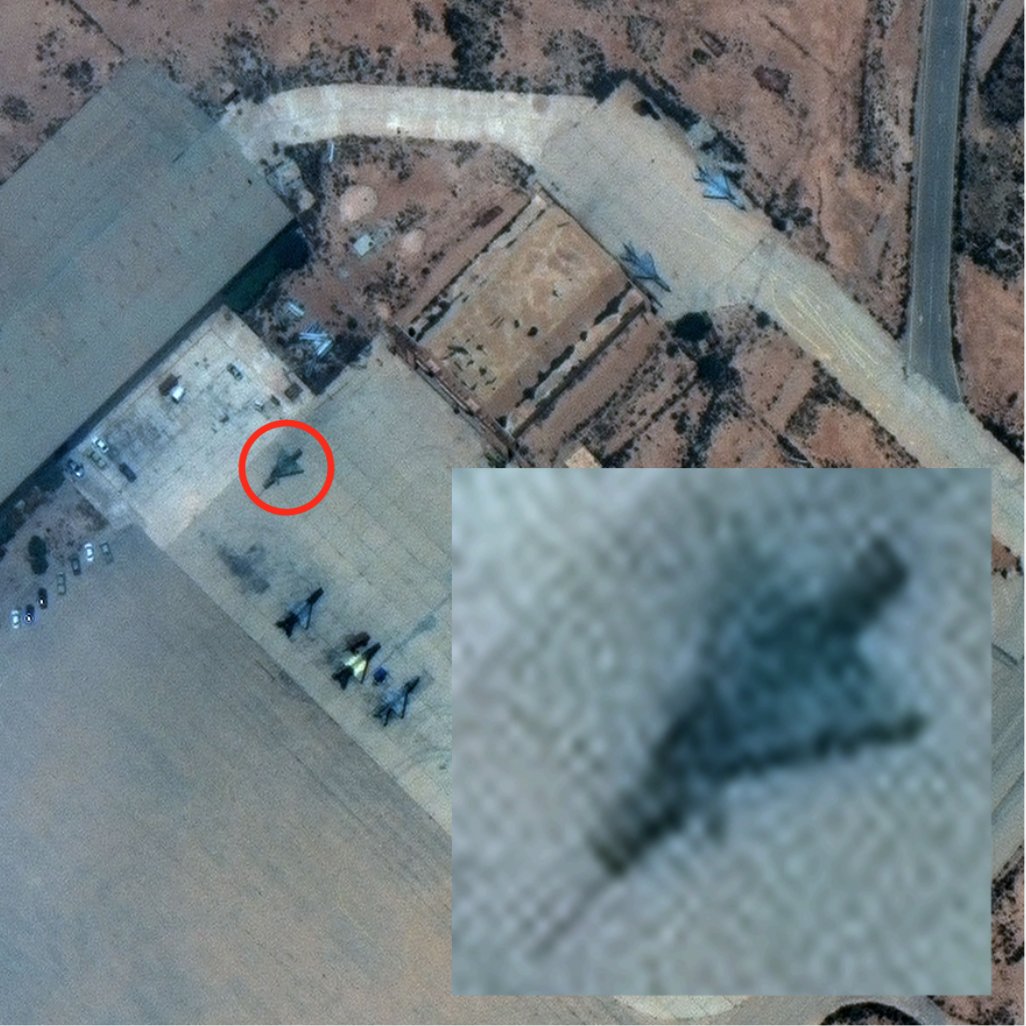THE PERCEPTION: once shipped, arms are out of sight & accountability ends. THE REALITY: maintenance & training commitments create ongoing links between EU companies & their questionable customers. IN PRACTICE: French involvement in Libya's proxy war. #InvisibleLinks #EUarms
On July 2, 2019 a migrant detention centre in Tajoura, #Libya, was hit by an airstrike. According to Libyan authorities 53 people got killed. The UN panel of experts on Libya found it highly probable that a Dassault Mirage 2000-9 was behind the strike.
The UN considered it a violation of international humanitarian law (indiscriminate use of explosive ordnance):
The identification of the Mirage model - as a Mirage 2000-9 - by the Panel of Experts, narrows down the list of possible users, since this model has only had one customer: the UAE.
It’s not just the Mirage that implies the UAE’s presence in Libya. Other UAE-owned equipment spotted in Libya: the AT-802i Air Tractor, UH-60 helicopters, Wing Loong UAVs and cargo planes, some of which were chartered by the UAE.
June 10, a Mirage 2000 is spotted in Libya again. This time on the Gamal Abdel Nasser airbase in Tobruk. Based on the colors, it wasn't Egyptian, making it highly probable this is a UAE Mirage. Precise location https://goo.gl/maps/Fb482Va4yN6mmHCT9
Image: @Maxar
Image: @Maxar
UAE Foreign Min. Anwar Gargash bluntly confirms French involvement in their Libyan proxy war in an interview with @jmalsin of the @WSJ : “In Libya, we don’t work alone, we work in tandem with the Egyptians, with the French, with other countries.” https://www.wsj.com/articles/u-a-e-boosted-arms-transfers-tolibyato-salvage-warlords-campaign-u-n-panel-finds-11601412059
At this stage, it’s important to note what exactly is stated in the UN arms embargo (resolution 1973):
Now, in spite of widely available and credible reports that these fighter jets are used in Libya, breaching an arms embargo and involved in IHL violations, French companies are responsible for services on the UAE Mirage 2000-9.
In November 2019, several months after the Tajoura strike, modernisation contracts for the Emirati Mirages 2000-9, worth a total of several hundred million euros, were signed between the UAE and Dassault, @thalesgroup and @byMBDA
Analysis of LinkedIn profiles, annual reports and job offers confirm @Dassault_OnAir and subcontractors Novae and AAA employ French staff in the UAE to provide maintenance, training and technical assistance to the UAE army in relation to the Mirage 2000-9.
For more details: read the excellent piece by @anttonRouget at @Mediapart (paywall): https://www.mediapart.fr/journal/international/161120/en-libye-des-mirage-entretenus-par-des-societes-francaises-au-coeur-de-soupcons-de-crimes-de-guerre
Frédéric Mégret ( @fredericmegret), Professor of Law at McGill University argues the companies have a responsibility. He states:
"In so far as the United Arab Emirates provides support to certain factions in Libya, which includes the use of these weapon systems, there is an obligation of due diligence on the part of the companies" to prevent the misuse of these weapons.
According to the EU common position French authorities are accountable too. When granting a license, they have to make a risk assessment taking into account (among other criteria) the preservation of regional peace and respect for intl law of the buyer country (UAE).
“In assessing risk to authorise an arms export, foreseeability is key.” says @ValentinaAzarov ( @GLAN_LAW) “France sells to the UAE, who, according to the UN Panel, routinely violates the Libya embargo. By permitting such exports...
...France is complicit in these violations and French corporations risk EU sanctions.”
This investigation is supported by the arms tracking newsroom of Lighthouse Reports and their media partners @artejournal, @Mediapart and @EUobs. Core contributors: @leone_hadavi @m_civillini @MaudJullien @dunkel_j

 Read on Twitter
Read on Twitter




